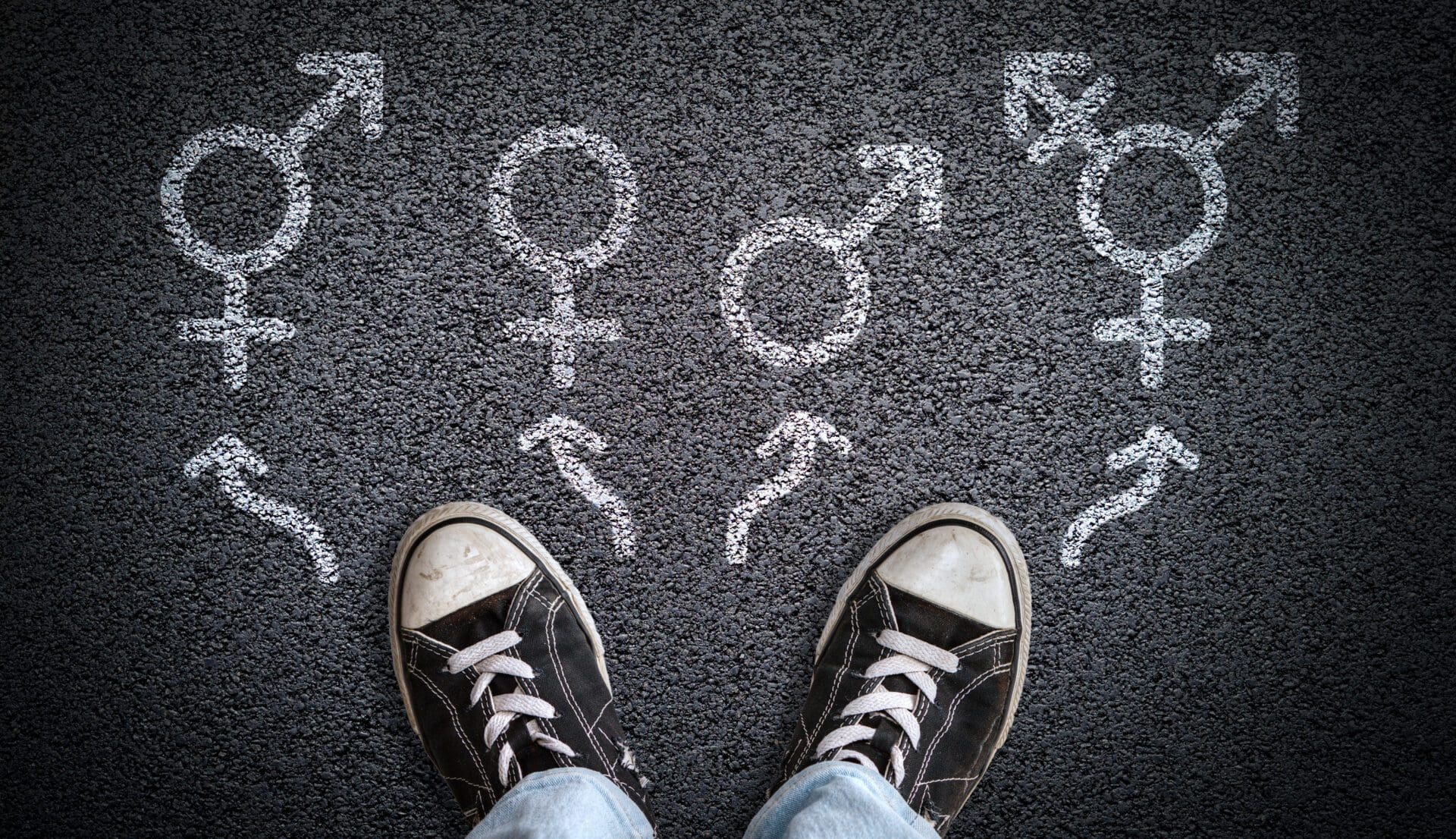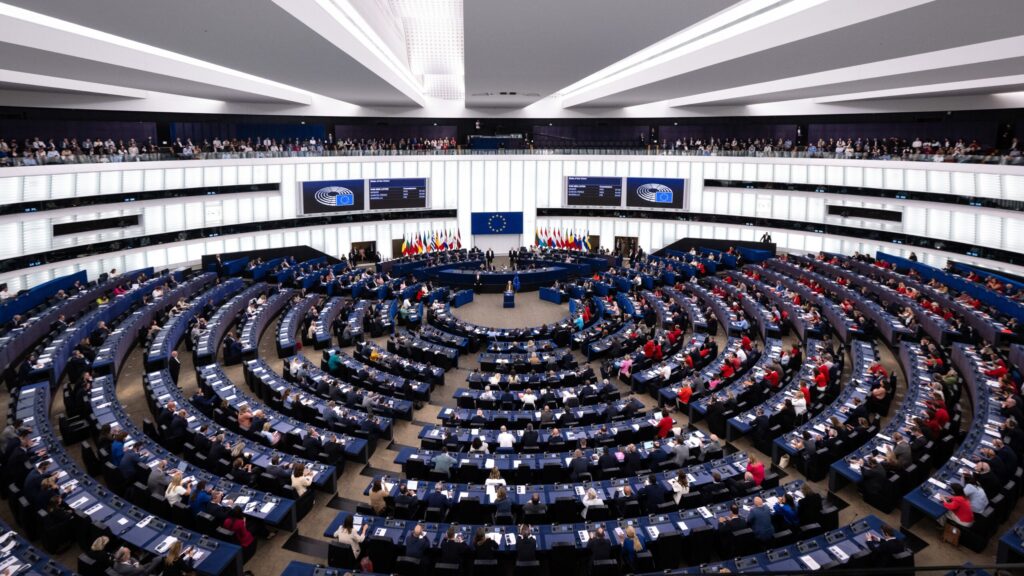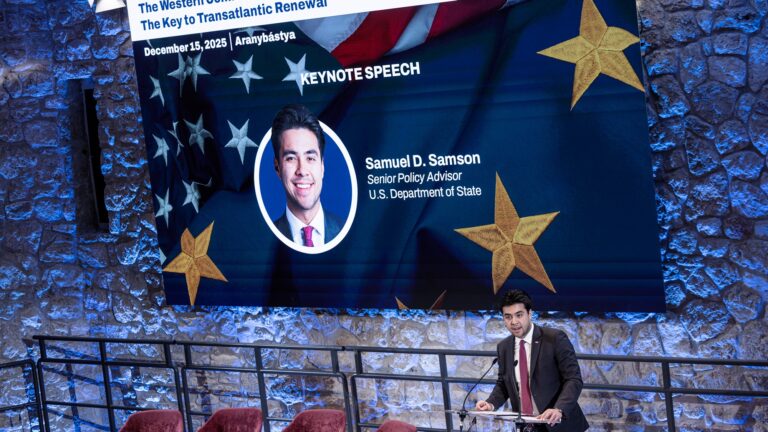Parents are hard-wired to feel concerned for their kids. That’s only normal: teens and pre-teens cannot be expected to always make the responsible choice. That is why parental consent is crucial for many important decisions, including gender transition. Yet there is only so much a parent can do when it comes to their child’s online dealings. Even if we restrict certain sites, the new generation easily bypasses our every effort and is technologically smart enough to cover their tracks afterwards. So, what happens if your teen decides to secretly transition with the use of questionable hormonal drugs they find online? They will do it without you having the slightest clue. This may sound shocking, but it is nonetheless true.
A recent Sunday Times article uncovered the dark underbelly of the transitional hormone industry and the unbelievable ease with which minors are buying under-the-counter pharmaceutical products online. Many of these products are in the grey area when it comes to their legality and are specifically advertised for children who seek to avoid alerting their parents. Despite every effort, law enforcement seems to be unable to crack down on the dangerous trend.
There’s a Market for Everything
The number of ‘gender identity disorders’ diagnosed in the West has been exponentially increasing in the past decade. In many countries, transgender patients can easily get free treatment in public healthcare facilities, which includes hormone therapies, mastectomies and even ‘sex reassignment surgeries’ (SRS), meaning vagino- or phalloplasty. While the surgical interventions are still inaccessible for minors in most cases, hormones—both puberty blockers and opposite-sex hormones—can be prescribed even under the age of 10.
But despite this liberal approach, an increasing number of online pharmacies took it up a notch and started selling DIY transition kits—pills and injections filled with dubious amounts of oestrogen or testosterone. While these products were initially targeted at those who wish to skip the transgender clinics’ infamous waiting lists, the marketing appears to have drastically changed. Now, the ideal buyers of hormone drugs are kids who haven’t even come out to their parents yet and seek to transition behind their backs.
This is the new packaging one brand of oestrogen (Estradiol Valerate) comes in – marketed to male children by adults via sites such as Reddit, Tumblr and TikTok so they can grow breasts pic.twitter.com/3Tv5pxHcm5
— ripx4nutmeg (@ripx4nutmeg) March 5, 2021
Most teenagers who do end up buying these products usually learn about them on online forums. Disguised as users, pharmaceutical companies are often suspected of advertising their products on these sites. Some forums, such as r/TransDIY (with almost 40 thousand members and over twenty posts a day), offer detailed instructions for syringe use and preferred dosage of certain hormone drugs, accompanied sometimes by photos of results with questionable authenticity. Companies, such as Otokonoko Pharmaceuticals, appear to target children with colourful, anime-style artwork on their packages and website. While this particular ‘pharmacy’ officially denies that it is selling to minors, it requires no age verification at any step. Others, such as United Pharmacies, usually offer ‘discreet packaging’ when delivering their products, or even disguise them as something harmless, like skin care products or cosmetics.
According to the Times article, last year saw a gigantic crackdown on online pharmacies coordinated by Interpol. With the joint effort of 92 countries, the authorities shut down 43 pharmacies, removed over a hundred thousand websites and links globally, and seized more than €10 million worth of medicines illegally on the market. Yet, all of this barely scratched the surface. According to the international police, tens of thousands of online pharmacies are in operation globally, and even if they are caught, they usually just change domain names and resume operation right away.
Solutions Beyond Identity Politics?
I don’t think there’s anyone, even among LGBT+ activists, who would openly support the use of DIY hormone drugs. After all, this is about unlicensed, unregulated medicine being self-administered without clinical oversight and prescriptions, often by minors. Therefore, the question of how to deal with the phenomenon should not be political at all, but a straightforward public health issue.
It should not be hard for any society to collectively recognise the dangers inherent in such practices, nor for governments to step in more harshly. The whole issue could in theory be somewhat ameliorated by better regulations and more thorough monitoring of illicit online activities, for instance. On the other hand, we need to recognize that there is only so much the authorities can do. The responsibility of parents cannot be overstated; not only a conscious restriction of internet use but also a healthy relationship with our children is needed to avoid such unpleasant surprises.
All in all, this is just another modern phenomenon that we ought to live with. As long as there is a demand for medically assisted gender transitions, there will be supply. And as long as we allow corporate interests to influence our cultural policies, there will be a market. The only question is whether we will stand up as societies to say no to predatory practices targeting our children or bow before the zeitgeist again.
Related Article:







